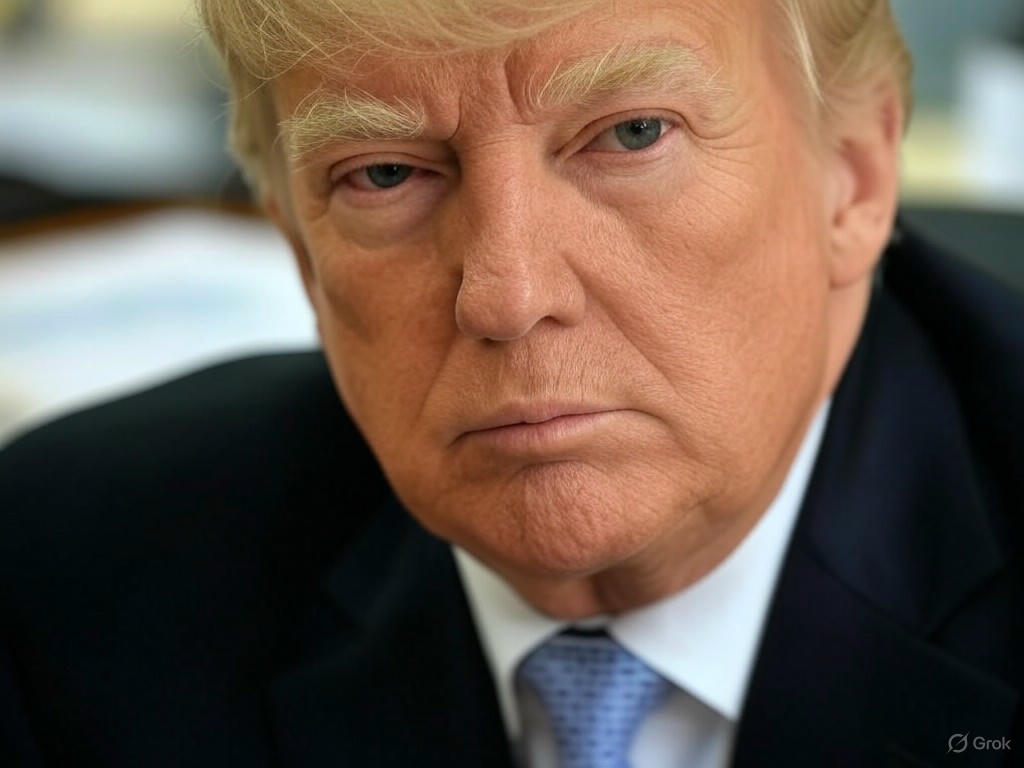President Donald Trump has often boasted about attracting massive foreign investment to the United States, promising economic growth and job creation. However, a lesser-discussed aspect of his landmark tax reform legislation could potentially undermine these ambitious goals. As the policy unfolds, a specific clause in the tax bill, recently passed by the House, is raising eyebrows among international businesses and economic analysts alike. This provision, designed to reshape corporate taxation, might inadvertently discourage foreign companies from setting up or expanding operations on American soil.
At the heart of the issue is a measure that could increase the tax burden on foreign entities operating in the U.S. While the broader aim of the tax overhaul was to make the country a more attractive destination for business by slashing corporate rates, this particular stipulation appears to contradict that objective. It targets profits earned by foreign firms in the U.S., potentially imposing higher levies compared to domestic companies. Critics argue that this creates an uneven playing field, making it less appealing for international corporations to invest in American markets. For industries reliant on global partnerships—such as technology, manufacturing, and finance—this could translate into fewer joint ventures, reduced capital inflow, and slower economic momentum in key sectors.
The timing of this policy is particularly significant. As the global economy recovers from recent uncertainties, many countries are vying to attract foreign direct investment to bolster their own recovery efforts. If the U.S. appears less welcoming due to unfavorable tax conditions, multinational corporations might redirect their resources to other regions with more favorable policies. Nations in Europe and Asia, already offering competitive incentives, could capitalize on this shift, potentially drawing billions in investments that might have otherwise flowed into the U.S. economy. This could also impact American workers, as fewer foreign-backed projects may mean fewer job opportunities in communities that desperately need them.
Supporters of the tax bill, however, maintain that the overall benefits of the reform outweigh these concerns. They argue that the reduction in corporate tax rates and other incentives will still make the U.S. a prime destination for business, regardless of the specific provision affecting foreign entities. Additionally, they claim that the measure ensures fairness by preventing foreign companies from exploiting loopholes, thus protecting domestic businesses. Yet, as debates continue, many remain skeptical about whether these justifications will hold up against the backdrop of declining foreign interest.
As this tax policy moves forward, its long-term effects on America’s position in the global market remain uncertain. Policymakers will need to closely monitor the response from international businesses and be prepared to make adjustments if the provision proves too detrimental. For now, the U.S. stands at a crossroads—balancing the promise of economic revitalization with the risk of alienating global partners. Only time will tell whether Trump’s tax plan will be remembered as a catalyst for growth or a barrier to international collaboration.
